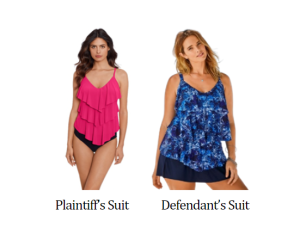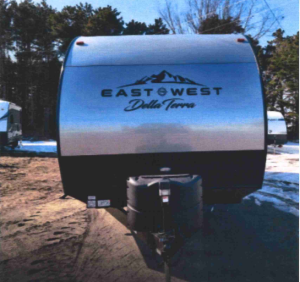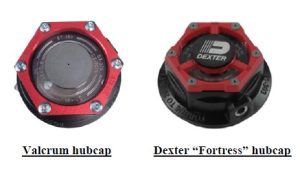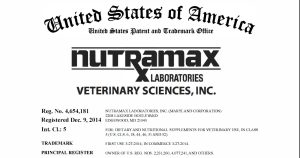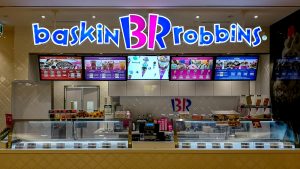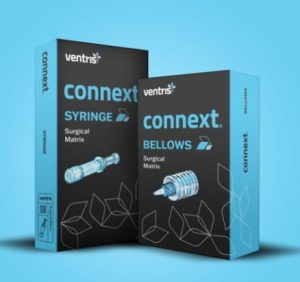Mia Lind, the plaintiff and creator of the Delaware brand “Hot Girl Walk,” filed a lawsuit against Casey Springer, accusing Springer of infringing on her trademark with a local version of the concept called “Hot Girl Walk Indianapolis.” Lind’s “Hot Girl Walk,” which originated during the pandemic, is a women’s-only mental health walk that has been trademarked and commercialized through merchandise and sponsorships.
concept called “Hot Girl Walk Indianapolis.” Lind’s “Hot Girl Walk,” which originated during the pandemic, is a women’s-only mental health walk that has been trademarked and commercialized through merchandise and sponsorships.
Inspired by Lind, Springer launched a similar initiative in Indianapolis. Initially called “Hot Girl Walk Indy,” it was later rebranded as “Hot Walk Indy.” Lind’s lawsuit alleges trademark infringement, business disparagement, and defamation.
Springer contended that her initiative was distinct and non-commercial, designed as a free community event. She argued that Lind’s trademark protects specific brand elements but does not cover the broader concept of a group walk.
 Indiana Intellectual Property Law News
Indiana Intellectual Property Law News




